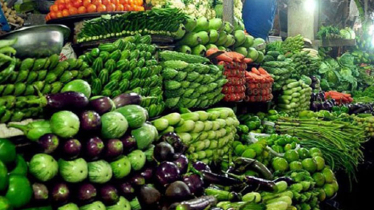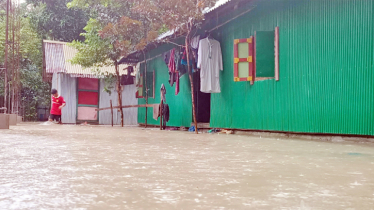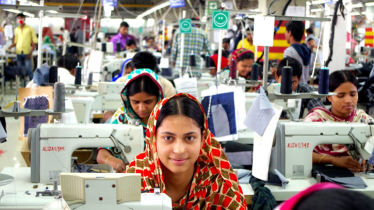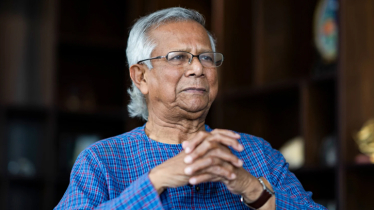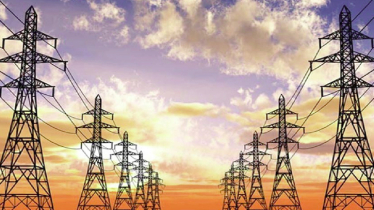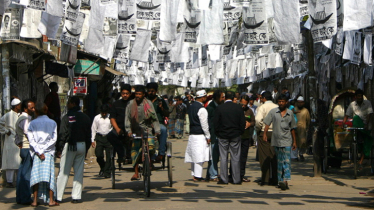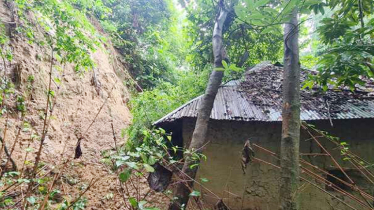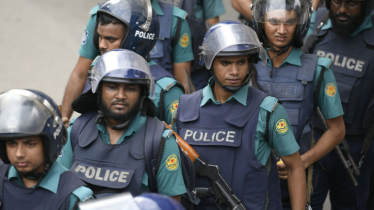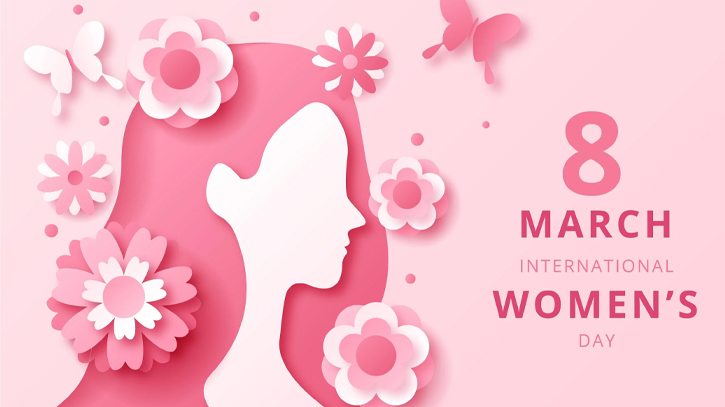
Photo : Collected
International Women's Day on March 8 is a significant day to celebrate women's social, economic, cultural, and political achievements and call for gender equality. Women in third-world countries, especially Bangladesh, have struggled all their lives against a society, where males are chauvinist and misogynist.
Women in the country have to struggle every day against social taboos of long lists of dos and don’ts. In final words, women are not equal to male. Therefore, they should not be in offices, educational institutes, industries or businesses, or even commuting by public transport, which is a male-only world.
It is indeed a great source of pride when women are awarded for being social entrepreneurs, achieving accolades at home and abroad and the marvels shine in the academia and research in science and technology.
Bangladesh ranks top in South Asia for women’s empowerment and girl-child education; the country has a high percentage of child brides. The parents, guardians, neighbours and society leaders do not see the ills of child marriage and argue that their parents were married off when they were under 18.
Bangladesh has several progressive laws which give women some leverage in society, especially in the workplace and family space. However, the scenario is reversed in society! Legislation is also supposed to give protection to women at home as members of a family. Alas, every day we hear of domestic violence, cruel abuse of female members (especially daughters-in-law) in a family environment and brutal exploitation of girl-child domestic workers by employers.
Bangladesh is blessed to have a woman head of government, Sheikh Hasina, and a speaker, Shirin Sharmin Chaudhury. They have lighted up the night skies, like the stars shining above millions of disadvantaged and vulnerable women. Women in Bangladesh are fighting for survival in soaring poverty levels, escalating climate change and geopolitical conflicts. Women are the first to face the brunt when they become refugees and are forced to migrate from the villages due to climate change coupled with extreme poverty.
It’s a common belief that agriculture and farming are male-dominated. The United Nations tell a different story. That 60-70 per cent of women are engaged in agriculture. From preserving seeds to the storage of harvests, are all women’s work, but alas women are not recognised. Women spend around three times more time on unpaid care work than men. If accumulated in monetary value, it would be more than 40 per cent of the gross development product (GDP).
To ensure women’s needs and priorities are considered, governments must prioritise gender-responsive financing and increase public spending on essential services and social protection. Policymakers must also value, recognise, and account for the vital contribution women make to economies worldwide through paid and unpaid care work.
Messenger/Fameema

